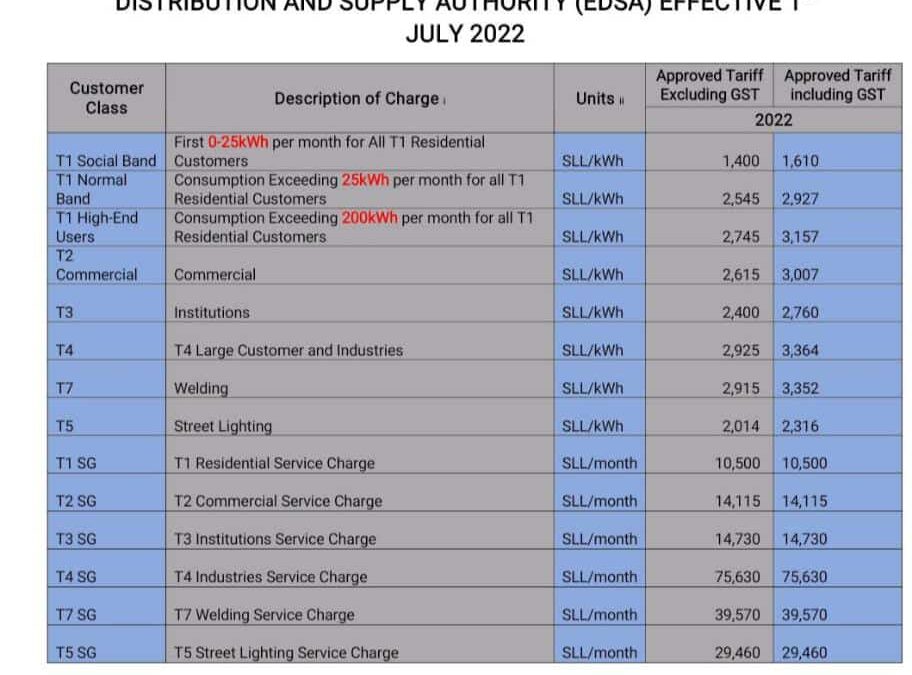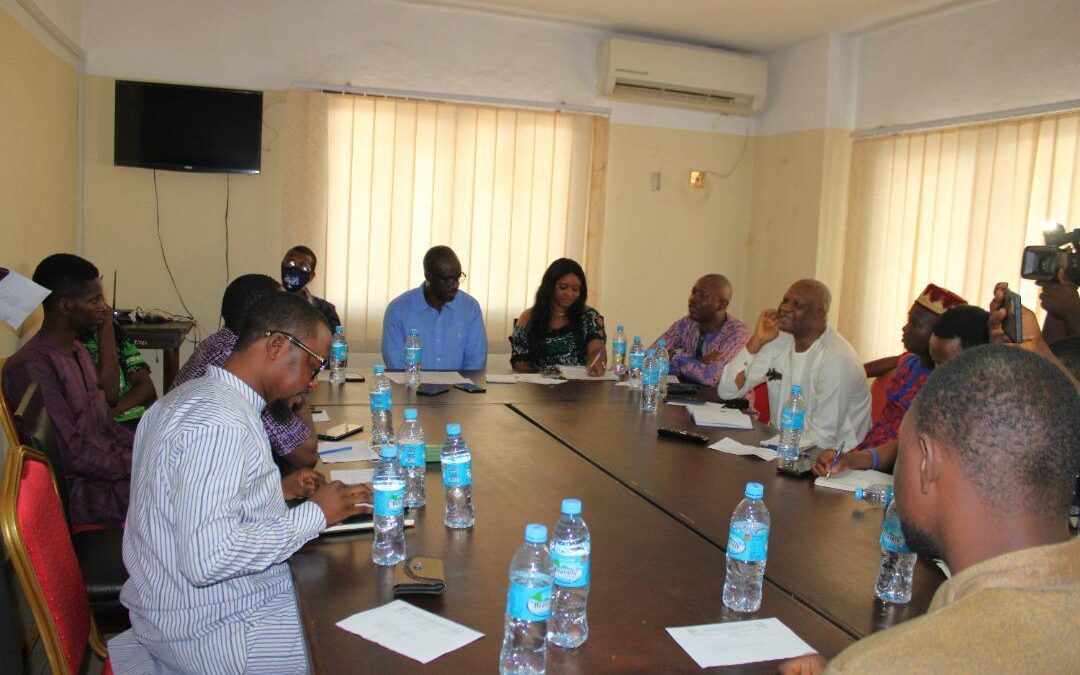

A meeting of stakeholders in the packaged water industry was organized by the Electricity and Water Regulatory Commission (EWRC) to present the findings of the harmonized monitoring efforts undertaken by the Commission, Standards Bureau and the Ministry of Health of the said industry.
In his opening remarks, the Director General of the Commission Emmanuel Mannah gave a brief summary of the exercise. He revealed that out of the 167 sachet and bottled water companies visited in the Western, Central and Eastern parts of Freetown, only 23% complied with the industry’s licensing terms and conditions of operations as set by the Commission. Mr. Mannah expressed deep dissatisfaction over the poor quality of water and the poor sanitary conditions under which these water companies produce their goods. He stated that one of the key reasons for enacting a harmonized approach for the industry is to contribute to Government’s overall fight to reduce the mortality rate associated with water borne diseases.
In his presentation, the Head of the Water Department at the Commission Ing. Michael Kargbo highlighted the main findings of the report which includes the fact that most of the facilities do not have the required five compartments: production room, storage room, finished product room, office space and changing room, no Ultra Violet (UV) light – sachet water produced daily by some companies is not sterilized as the UV light is faulty, and in some cases, the processing machine does not have a UV attached to it, the environmental condition of the production room at the time of visit was not good, as it was very unsightly to see empty sachets littered all around the production rooms and within the facilities amongst other key findings.


The representative from the Ministry of Health and Sanitation (MoHS), Mrs Doris Bah also expressed similar dissatisfaction over the quality of water produced by these companies despite the efforts of the Ministry to educate producers on the essence of a clean and hygienic environment for water production. She reiterated the need for new companies which according to her spring up on a daily basis, to obtain a certificate of fitness and other requirements for a water production license before they start production.
The Manager, Food Micro Biology Lab at the Sierra Leone Standards Bureau (SLSB) Mr. Mohamed Fofanah stated that lab testing at the Bureau revealed that most water companies are in the habit of obtaining raw water for production from streams and boreholes and make no effort to treat the same afterwards before packaging for consumption by unsuspecting consumers. According to him, this is a major health challenge and the Bureau is working with the Commission to ensure that such companies are put out of business in the event that they do not comply with set standards and license conditions.
It was concluded by all stakeholders at the meeting that there is need to organize a one-day workshop session on collective Strategy, 2020, publication of a list of compliant packaged water companies, further develop current monitoring pattern with inputs from MoHS & SLSB, conduct trainings for the packaged water companies – at least twice a year and consider a proposed award ceremony for all categories of packaged water to be organized, carry out routine monitoring and inspection exercises in Freetown, plan monitoring and inspection exercises in the provinces, develop jingles and radio programmes for the industry and the need to train more inspectors.


